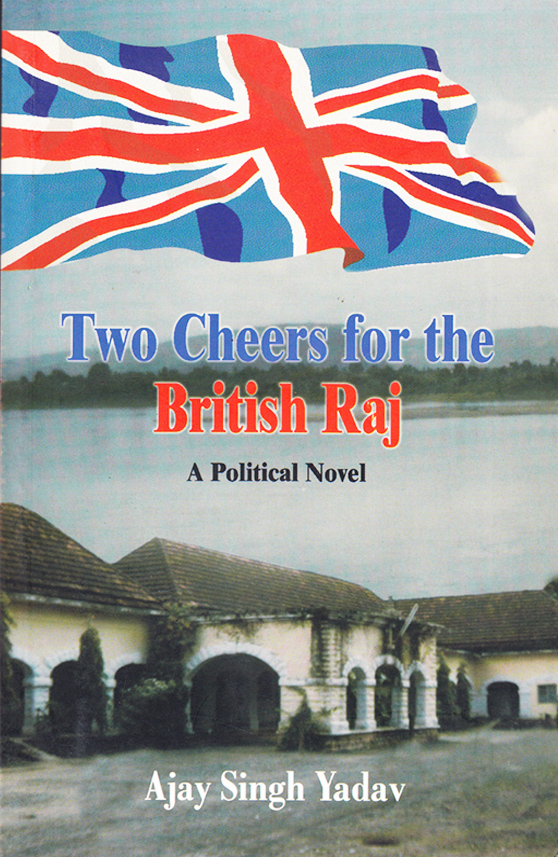CHAPTER 31
It did not take Cartwright long to pack and his bags and wind up his affairs at Hoshanagbad. The customary farewell party at the club did not take place. Although the Collector did mention and idea half-heartedly, Cartwright declined politely. The officials at Hoshanagabad had not taken kindly to his posting at Ratangarh. The gossip at the club was that he had used his connections with the powers that be to wangle this posting. What these connections were no one knew, but it was the only plausible explanation. In the eyes of his fellow civil servants rocking the boat was just about the worst crime that a man could commit, and Cartwright had certainly rocked the boat good and proper. It did not make sense to reward such a man with an important posting that seemed to bypass the usual channels of promotion. Hence the explanation. Cartwright was aware of the rumours and was in any case in a hurry to leave, but he could not very well decline the Collector’s invitation to tea, even though he did not look forward to the idea of meeting his fellow officers again.
He arrived at the Collector’s residence to find his host waiting for him. A large table had been laid out in the dining room, but Cartwright seemed to be the only guest. “I am afraid none of the others have turned up. Shall we wait for them.”
“If you like sir.”
“I hope you are not terribly hungry, or anything like that.”
“Not in the least.”
“In that case let us wait,” said the Collector. They waited silently, setting in chairs placed at the opposite ends of the large drawing room. The minutes ticked by and the large grandfather clock that stood in one corner seemed unnaturally loud to Cartwright. No one corner seemed unnaturally loud to Cartwright. No one turned up however.
“I don’t think the others will turn up. I think we ought to have tea now, don’t you think so.”
“I agree with you sir.” So they had tea and Cartwright bid farewell to his official superior for the last time, both being heartily glad that the charade was over.
But the Collector could not resist a last parting shot. “You would be quite alone in Ratanagarh won’t you.”
“Quite alone?What do you mean? Ratangarh is a populous place, or so I was told.”
“I mean you will only have natives fro company. What I wanted to ask you is, will you dress for dinner there.”
“No I will not. Good buy sir.”
The Collector was so upset by this frank confession that he made no reply to this valediction.
Before leaving Hoshangabad, Cartwright went to pay his respects at the tomb of Bains who was buried in the small cemetery within the churchyard. The spot had become something ofa shrine to the locals who often placed flowers and lit incense sticks at the grave. Even though the small English congregation decried these ‘heathenish’ practices, they were allowed to go on. It was politically useful to have a British officer as an object of veneration, even though most of his compatriots privately thought he had been rather foolhardy in going out alone on the river during the floods. There was the usual knot of urchins playing outside the church when Cartwright arrived. He went upto the grave and put a small wreath below the tombstone. Then as he stood to attention in silent homage, images of Bains, his large figure, his moustache, his kindliness, all came into his mind. Cartwright noticed that many of the other graves were not well tended. The inscriptions on some of the tombstones had been obliterated and others were almost completely covered by a rank growth of nettles.
By contrast Bains’ grave was still well tended and the inscription on the tombstone could be easily read:
Erected by his friends and colleagues,
In memory of George Bains Esq
Who died in the performance of his duty
In the best traditions of the Empire which he served so nobly.
As Cartwright turned to go, he found that a large crowd had collected at the gate and they were shouting, “Cartwright sahib zindabad !” The Crowd consisted mostly of ragged urchins who often used the area for makeshift games of football and cricket, but as Cartwright walked out they all stood to attention and saluted. It was a spontaneous guard of honour, such as no dignitary had ever received in Hoshangabad.






